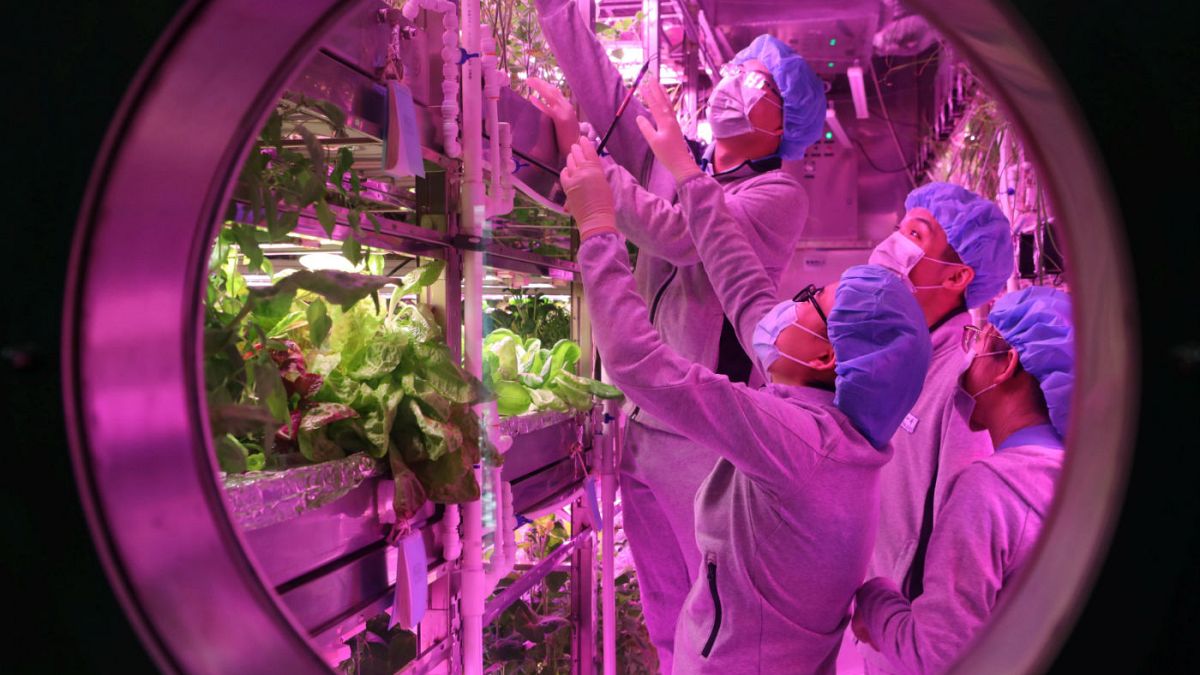Student volunteers are spending up to 200 days each in a simulated space cabin in China to test future astronauts’ ability to stay for extended periods on the…
Student volunteers are spending up to 200 days each in a simulated space cabin in China to test future astronauts’ ability to stay for extended periods on the moon.
Chinese President Xi Jinping has called for China to become a global power in space exploration, with plans to send a probe to the dark side of the moon by 2018, the first ever such trip, and to put astronauts on the moon by 2036.
In a year-long experiment, two groups of four volunteers will live in the simulated ‘Lunar Palace’ to test how a life-support system works in a moon-like environment.
A similar 105-day trial was carried out successfully in 2014.
The first group will stay for 60 days, followed by other volunteers who will spend 200 days inside the simulator in Beijing which has a central living space the size of a “very small urban apartment” and two “greenhouses” for plants.
A cabin on the moon? China hones the lunar lifestyle: 8 volunteers to live in simulated space "cabin" Yuegong-1 https://t.co/KL8Q1WO7g1pic.twitter.com/aHupCfTNan
— China Xinhua News (@XHNews) 10 mai 2017
Bringing the experiment to an end, the first group will then return for 105 more days.
The life support system will allow food and water to be recycled, its success key to any Chinese probes to the moon or beyond.
Beijing has held talks with the European Space Agency about collaborating on a ‘Moon Village’.
In March, China announced plans to launch a space probe to bring back samples from the moon this year, while the country’s first cargo space craft docked with an orbiting space lab in April, a major step as Beijing looks to establish a permanently manned space station by 2022.
Despite the advances in China’s space programme for military, commercial and scientific purposes, China still lags behind the United States and Russia.
with Reuters


